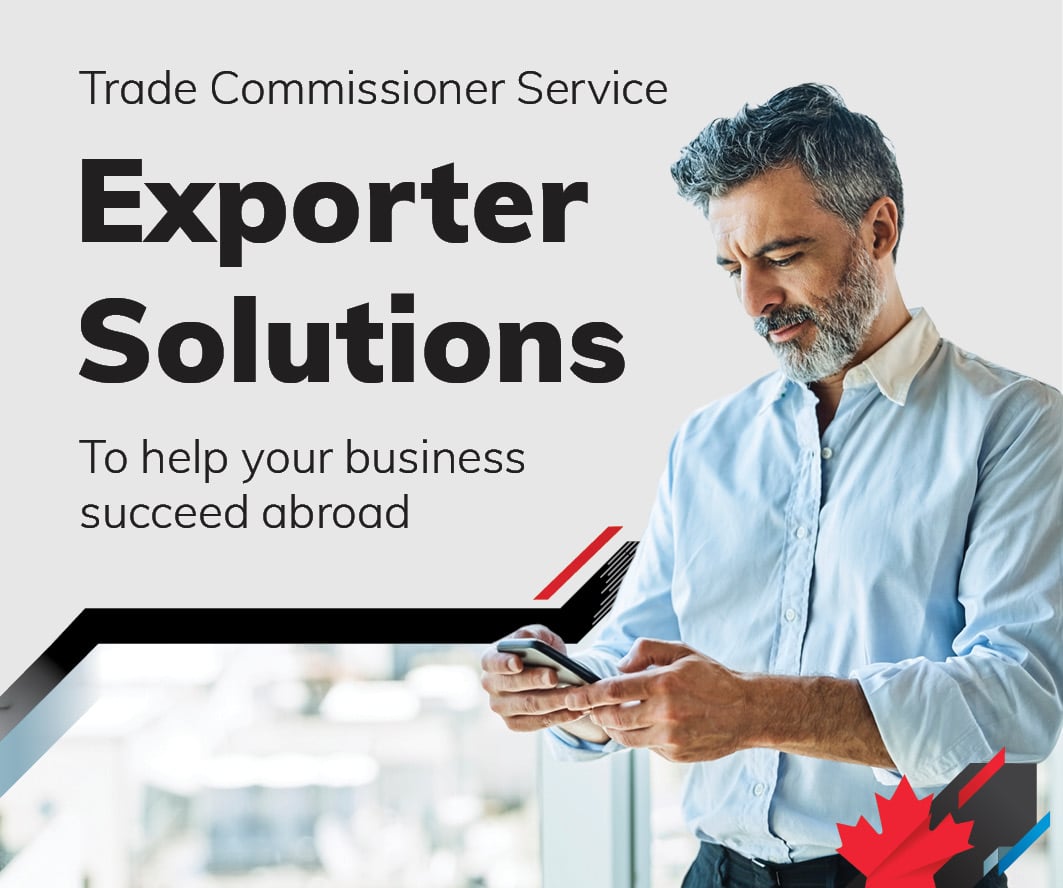Export distributor or commercial agent: Three tips for finding good partners
Using intermediaries such as commercial agents or distributors is a good way to grow your revenue and profits internationally.
Making good use of an intermediary allows you to ease onto the international stage, while controlling your costs. Their excellent knowledge of the market and local presence will allow them to help you develop relationships with your customers in your international market.
Deploying your own sales force or investing in new markets can be expensive. It can also be a long and complex process. Instead, you can entrust this mission to an intermediary who has the advantage of knowing the target market well.
Distributor or agent: What are the differences?
The distributor and the commercial agent have similar objectives: to sell your product abroad. However, the business relationship is different.
Distributors purchase your product to resell to customers. Therefore, they set the selling price and generally ensure the management of stocks, delivery and after-sales service in the target market. The distributor's income comes from the margin charged on the resale of products.
Commercial agents, on the other hand, promote your products and earn commission on sales made in their territory. Agents are generally independent and can represent several clients in a designated area.
In both cases the relationship between you and an intermediary must be based on the notion of a partnership. It must benefit both parties.
Making good use of an intermediary allows you to ease onto the international stage, while controlling your costs.
Here are three tips to get the full benefs of partnering with an intermediary when going abroad.
1. Don’t necessarily choose the first one you meet
It’s essential to carefully choose the distributor or agent with whom you want to work. You should not necessarily choose the first person who offers you their services, for example, at a fair or trade show.
This is especially true since you will be contractually bound to them, he added. You do not want to build a relationship with an intermediary who could harm your sales, or even your reputation.
You can start by thinking about your own needs and expectations with respect to an intermediary. This will help you paint a picture of your ideal partner.
In particular, it is important to know what other products the agent or distributor offers. Ideally, an intermediary should offer products that are complementary, not similar, to yours.
Territorial exclusivity and contract termination conditions are also important clauses that should be included in an agreement.
Also, make sure that you fully understand their:
- Marketing strategy
- Level of comfort with the rules and standards that apply to your business
- Financial viability
- Reputation in the market
Moreover, do not hesitate to contact other customers regarding their satisfaction with a distributor or an agent.
It is also very important to determine what you can offer your partners. In general, distributors and agents are looking for:
- An innovative product with a well-defined value proposition
- A clear price list
- A robust guarantee
- Flexible terms of payment
- Territorial exclusivity
- Training
- Marketing support
2. Take the time to get acquainted with each other
After coming to an agreement with an intermediary, you must help them sell your products. For example, you could teach them more about your company and provide information about your products and manufacturing processes. Joint meeting with clients (in person or remotely) can also help and is one of the best ways to train your partner.
Schedule regular meetings or discussions to build the relationship with the intermediary and develop a sense of belonging.
A first agreement should remain flexible and, ideally, last no longer than one year. This will avoid being locked in for too long if the results are not what you expected.
3. Clearly state your expectations and obligations
Another important element to consider: The contract you sign with an intermediary must clearly specify obligations with respect to the delivery of merchandise.
Specify who will pay:
- Transport and custom fees (specified in the Incoterm selected)
- Insurance fees for the merchandise in transit
- Marketing and representation fees (for example, attending a trade show, advertising, translation, etc.)
- Terms of payment
- Territorial exclusivity conditions, if applicable
Standard international delivery clauses such as Incoterms (International Commercial Terms) help to determine the costs and risks to be borne by the exporter or the importer.
Lastly, remember that BDC can help you determine the profile of the ideal agent or distributor for your business or even provide a list of such intermediaries.
